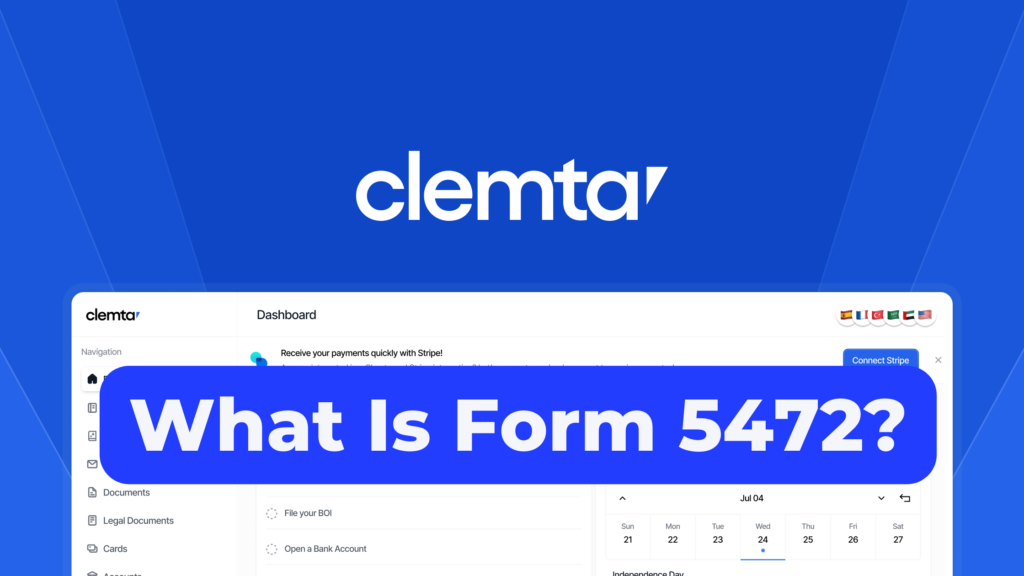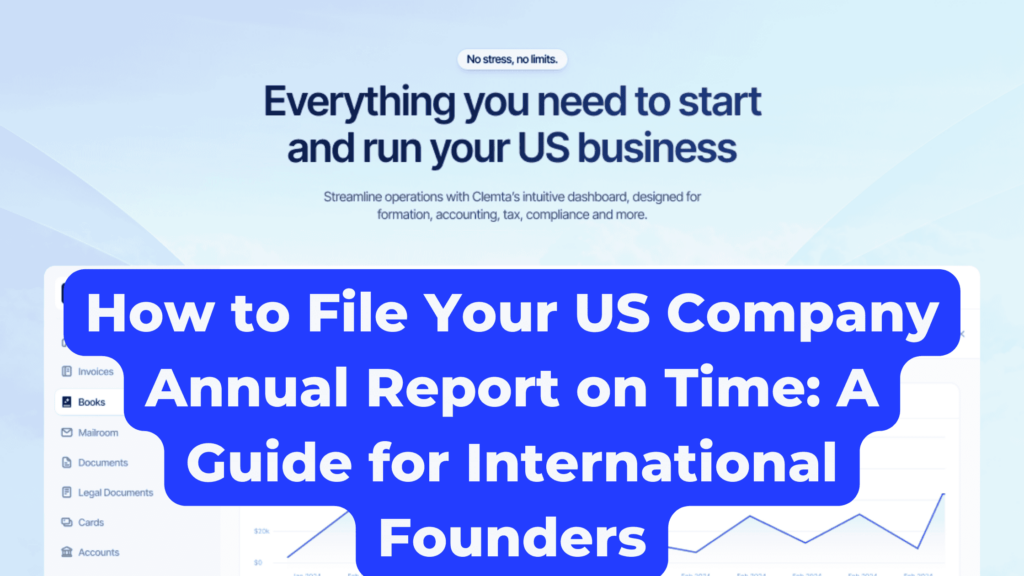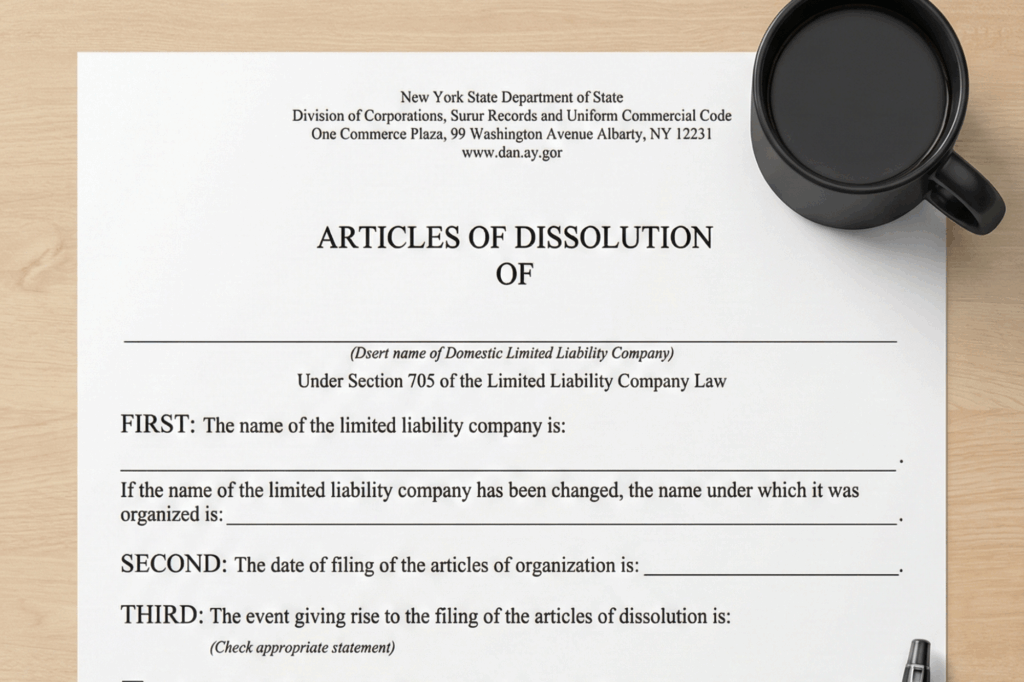Introduction
Navigating IRS regulations for U.S. persons with foreign corporation interests can be daunting. One crucial requirement that should not be overlooked is the filing of IRS Form 5471, formally known as the Information Return of U.S. Persons With Respect to Certain Foreign Corporations. This guide aims to demystify Form 5471, explaining who needs to file it, when, how, and the penalties for non-compliance. Ideal for U.S. residents, domestic entities, and taxpayers with overseas assets, this article will ensure you stay compliant and avoid potential penalties.
Who Needs to File Form 5471?
IRS Form 5471 is a critical filing requirement for:
- U.S. citizens or residents;
- Domestic partnerships or corporations;
- Estates or trusts (excluding foreign ones) with ownership in a Specified Foreign Corporation (SFC).
Specifically, the IRS mandates this filing for individuals or entities in five main categories, ranging from U.S. persons owning significant shares in a foreign corporation to those who have control over such corporations. Understanding these categories is the first step to compliance.
Filing Deadlines and Procedures
Individual taxpayers must file Form 5471 by April 15th if they are in the U.S., and by June 15th if they are abroad. Corporations have a due date of March 15th. The form must be filed alongside the individual or corporate tax return, requiring detailed information about the foreign corporation’s registration, accounting periods, income, and financial statements.
Key Information Requirements
Filing Form 5471 demands meticulous detail, including:
- Identification of U.S. shareholders;
- Year-end balance sheet of the foreign corporation;
- Corporate operations and any loan details;
- An income statement converted into U.S. dollars.
Understanding the Penalties
Non-compliance with Form 5471 filing can result in hefty penalties, starting at $10,000 per foreign corporation per accounting period. Additional penalties and reductions in foreign tax credits may apply, emphasizing the importance of timely and accurate filing.
Conclusion
While Form 5471 does not directly affect tax liabilities for most, its role in enforcing U.S. tax compliance on international operations is undeniable. By ensuring accurate and timely filing, U.S. persons can avoid significant penalties and contribute to the transparency of international financial operations. Remember, understanding and adhering to IRS requirements is key to managing your international investments effectively.
If you require professional help with filing your Form 5471, feel free to contact us. We are here to assist you.







